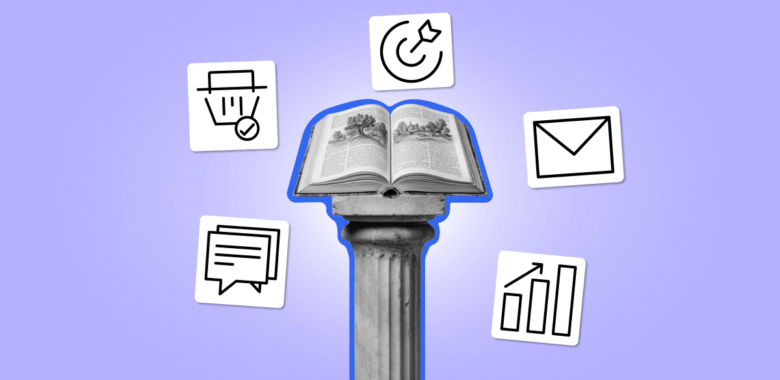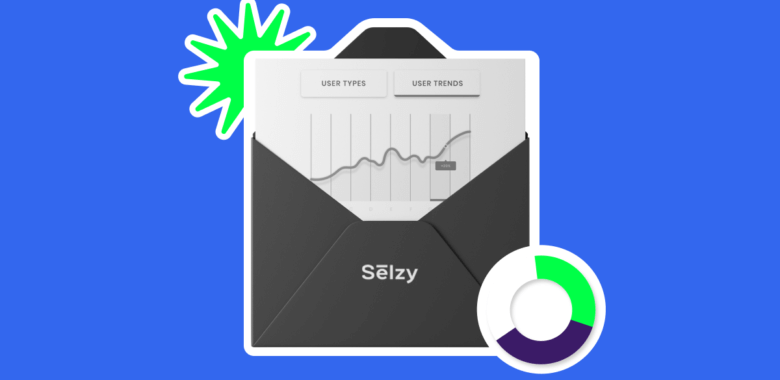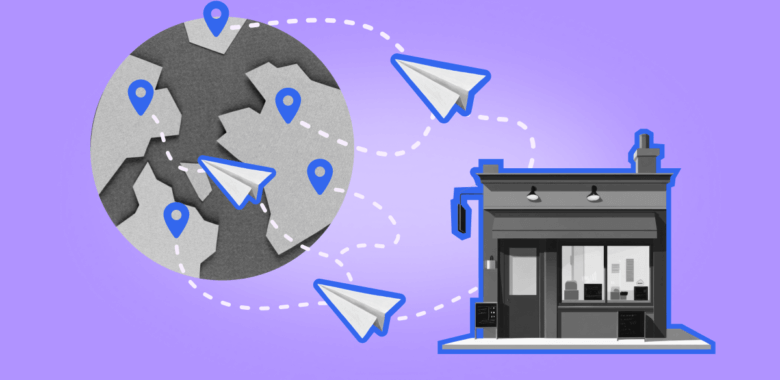What is a CRM for email marketing?
A CRM for email marketing is customer relationship software that either has native email marketing features or allows an easy integration with an ESP. Using CRM for email marketing means automating, managing, and analyzing your campaigns with your customer relationship management software instead of tools designed only for bulk emails.
CRM with email marketing integration allows you to:
- Collect and store more data from various sources, for example, different departments of your company, marketing channels, and so on.
- Segment and personalize your emails based on customer behavior, preferences, and history.
- Track and measure the performance and impact of your CRM emails on business goals.
- Build and maintain long-term relationships with your customers and turn them into loyal advocates for your brand. Connecting CRM with an email marketing service gives more information about contacts to work with. You can make your emails more personalized, relevant, and better targeted.
As a result, it can help improve your email deliverability, open rates, click-through rates, conversions, and retention rates. You’ll be able to monitor marketing ROI for each campaign, see the leads, sales and income they bring, and further optimize to get the most out of them.


















